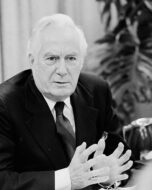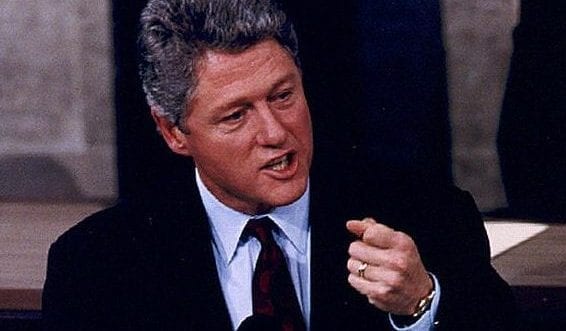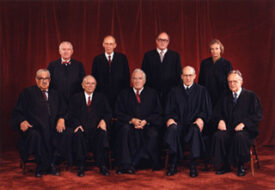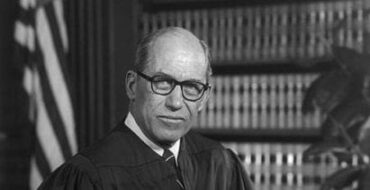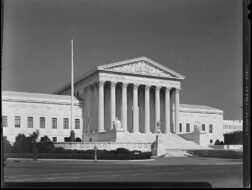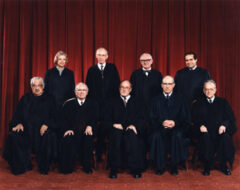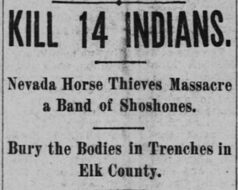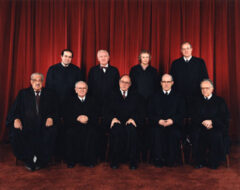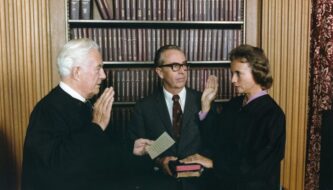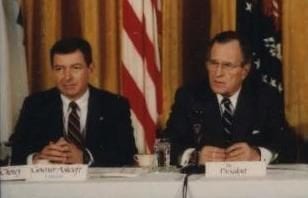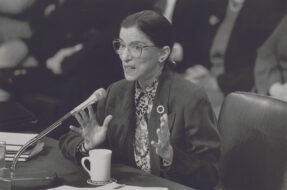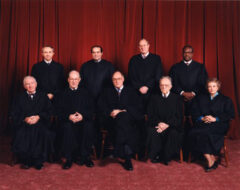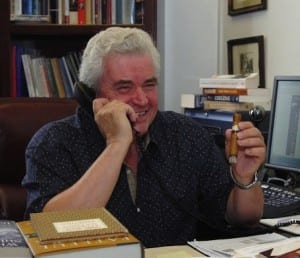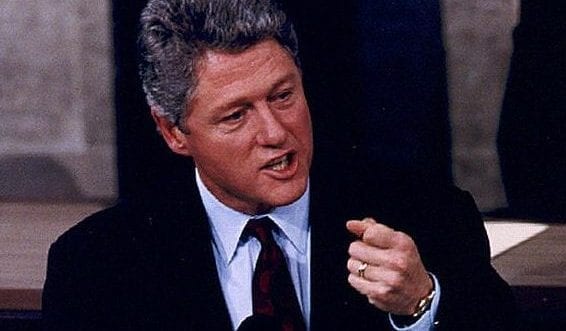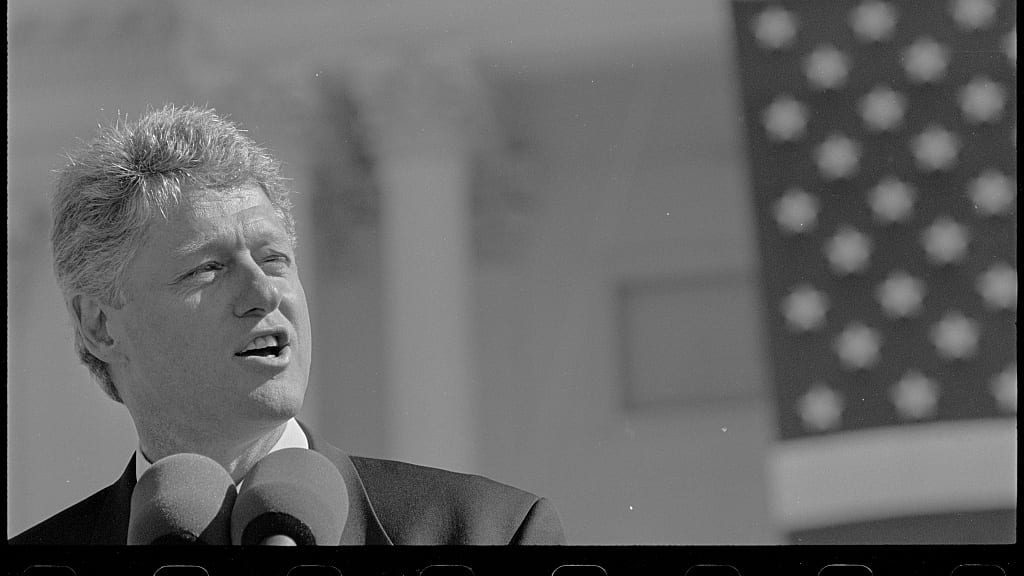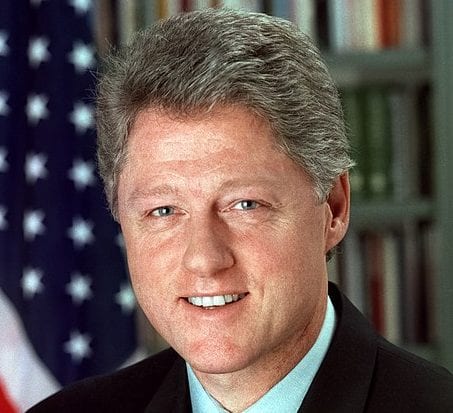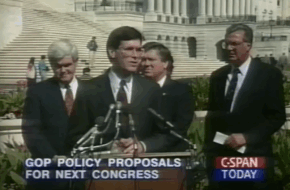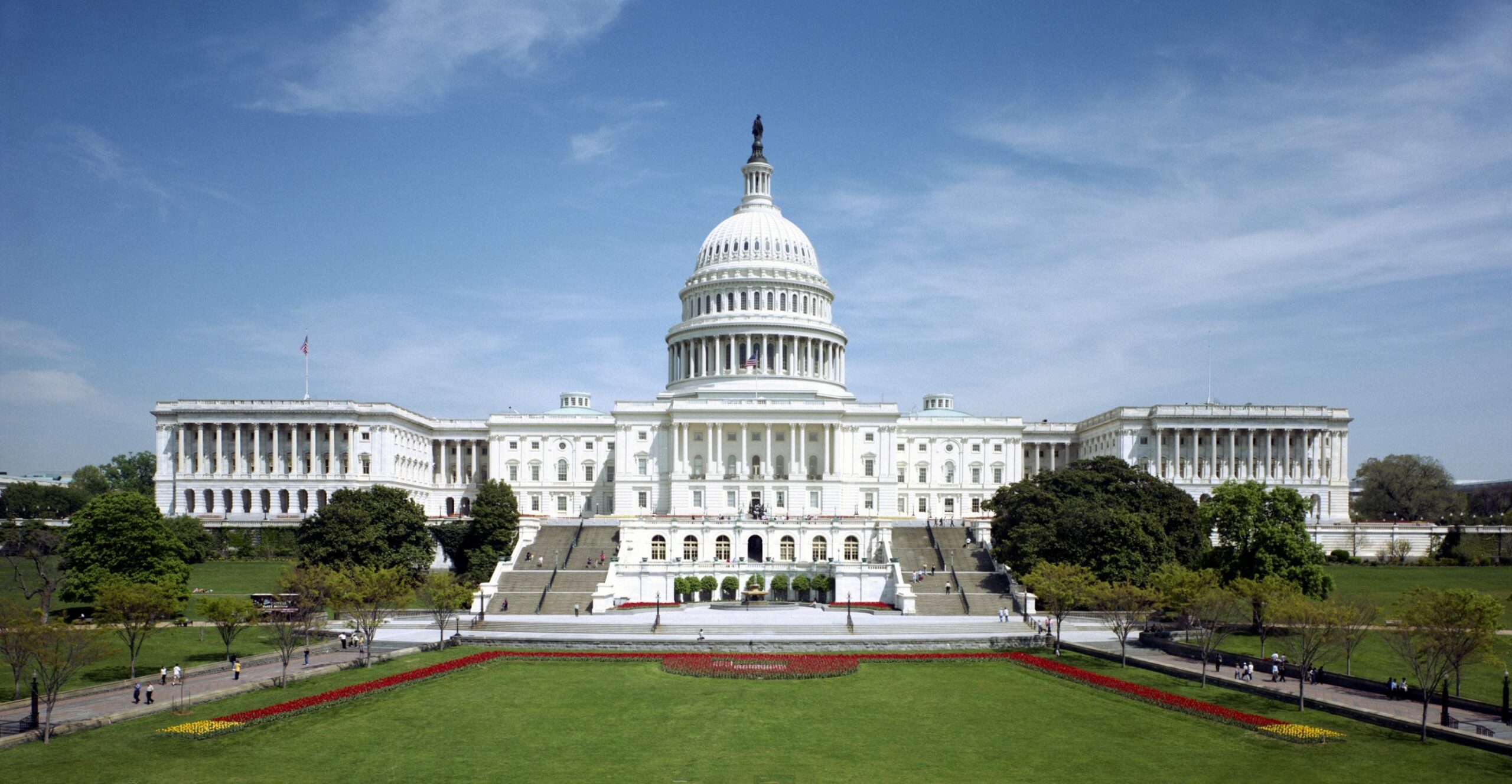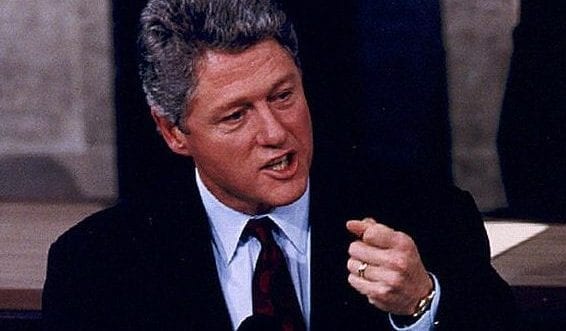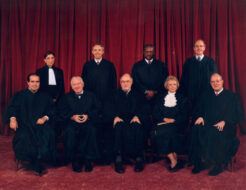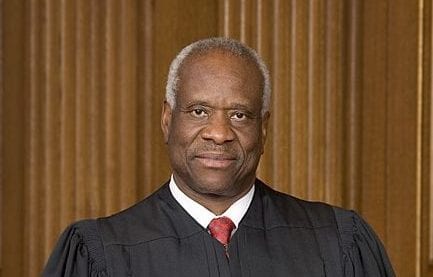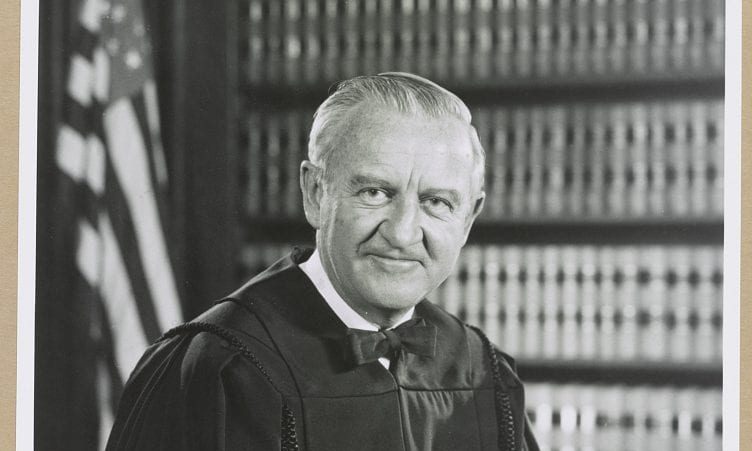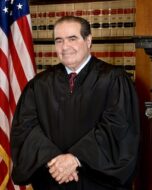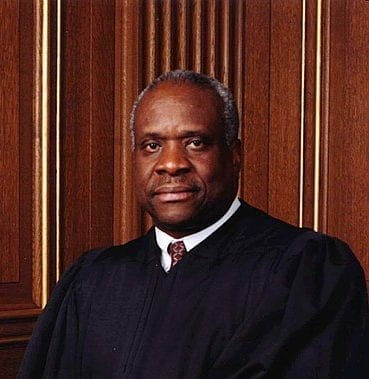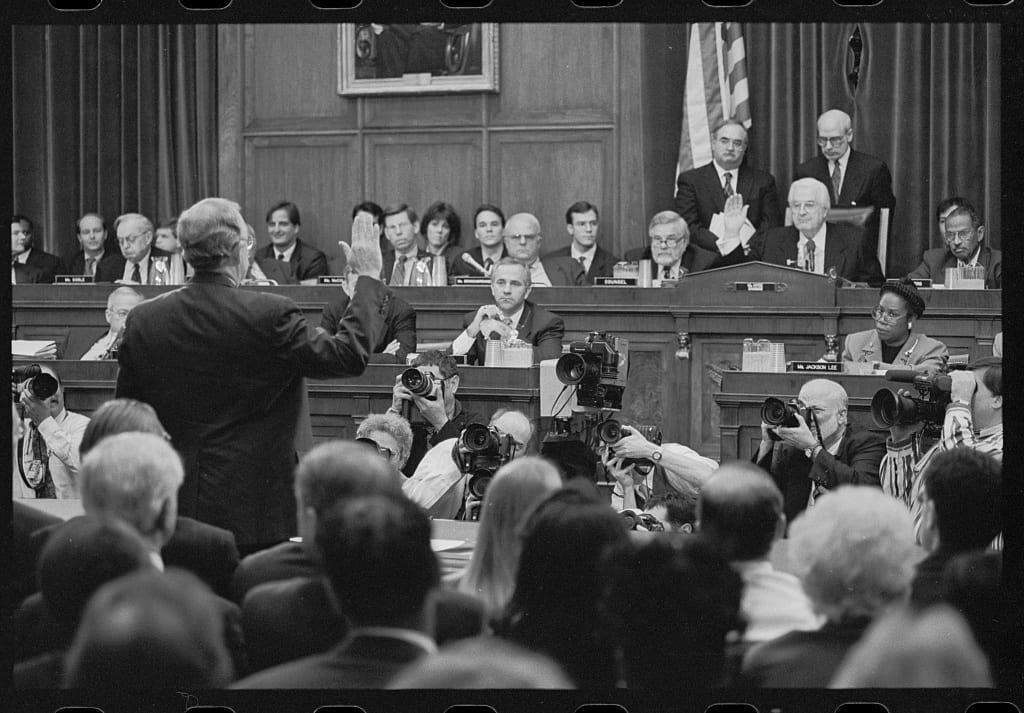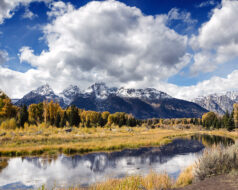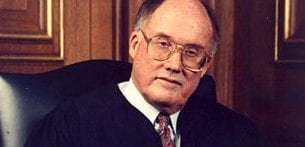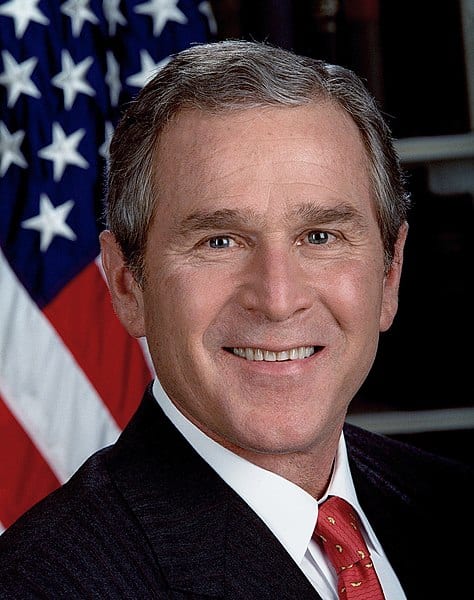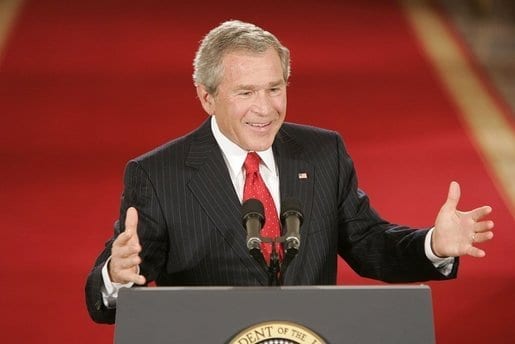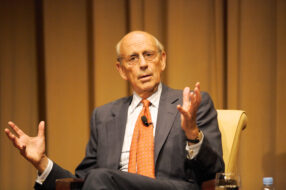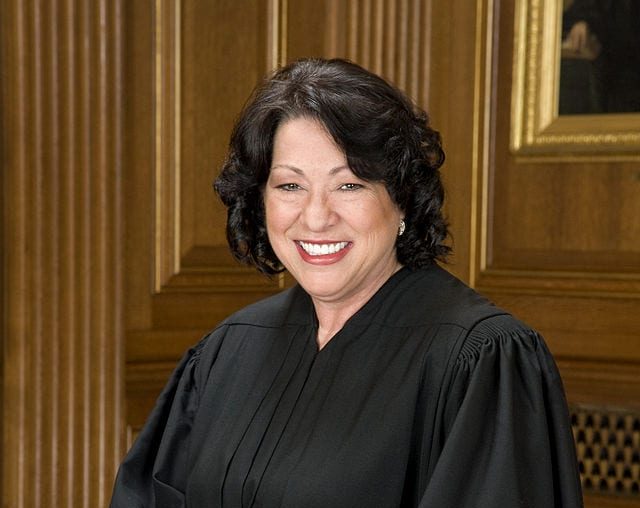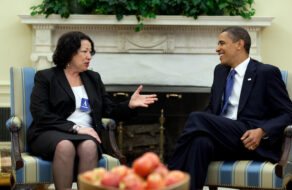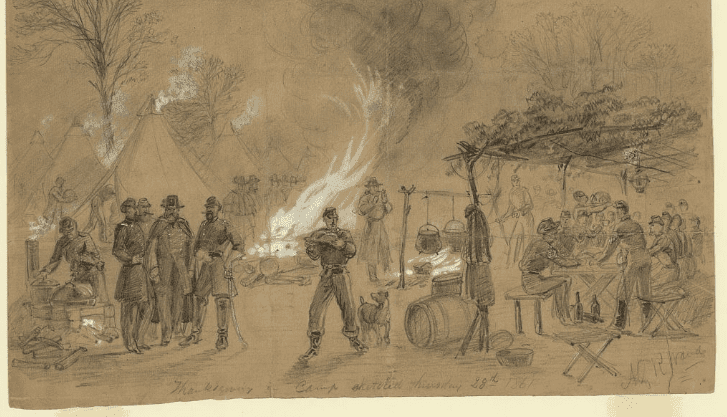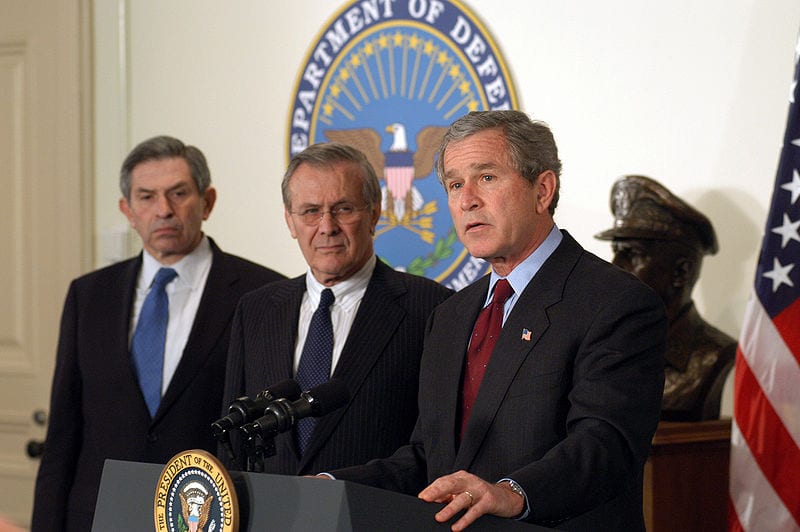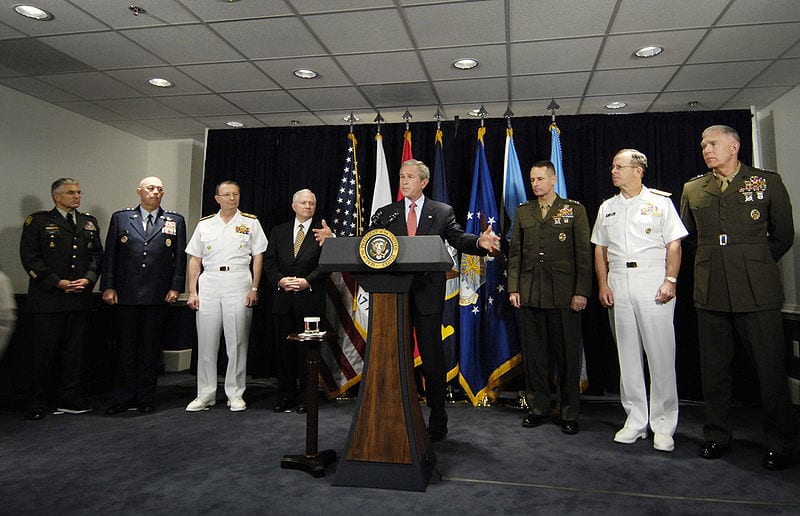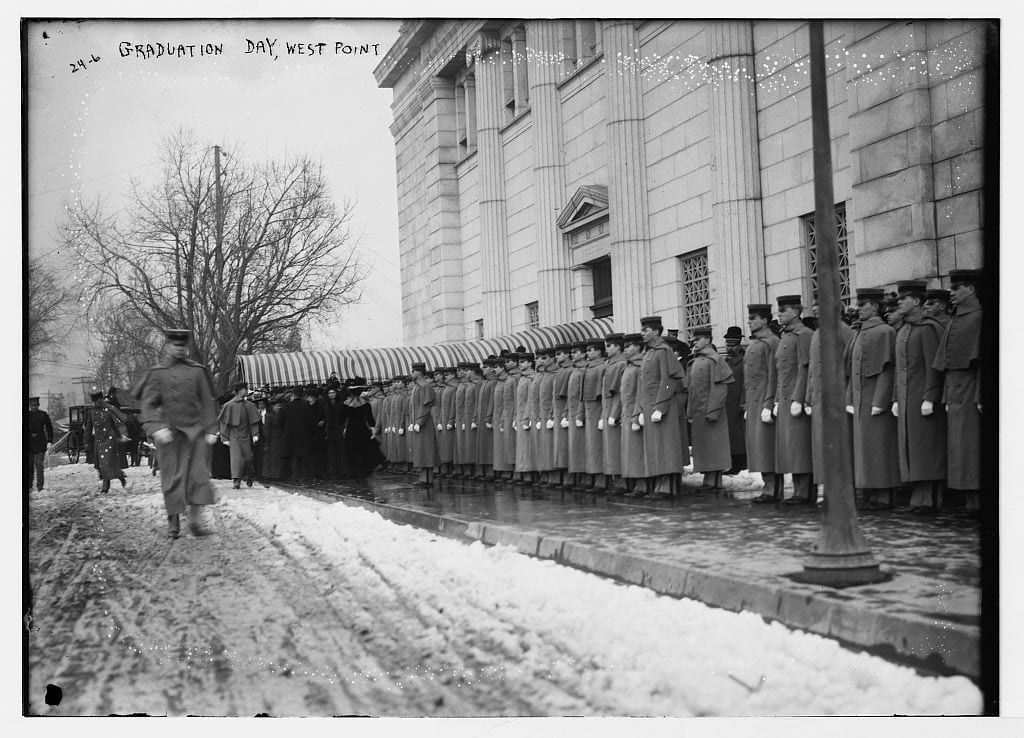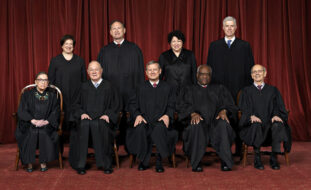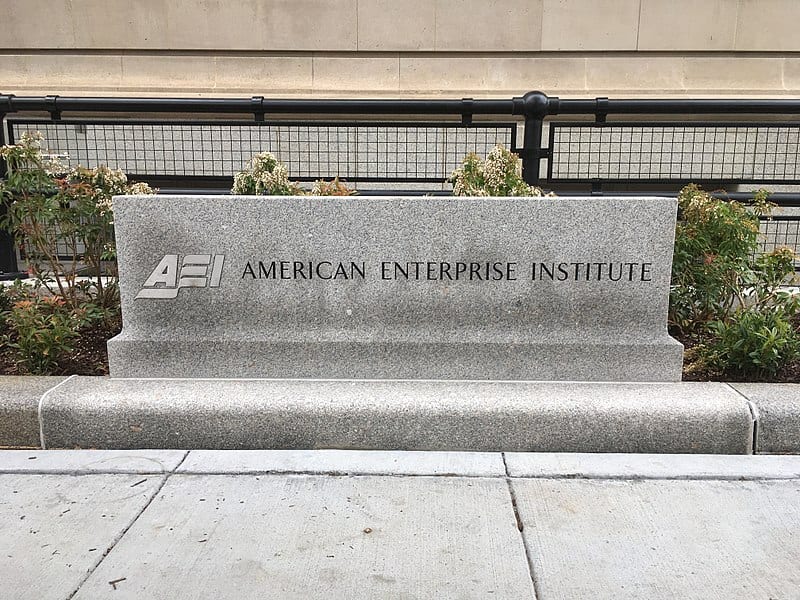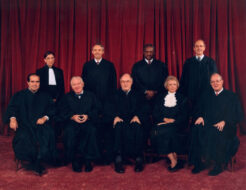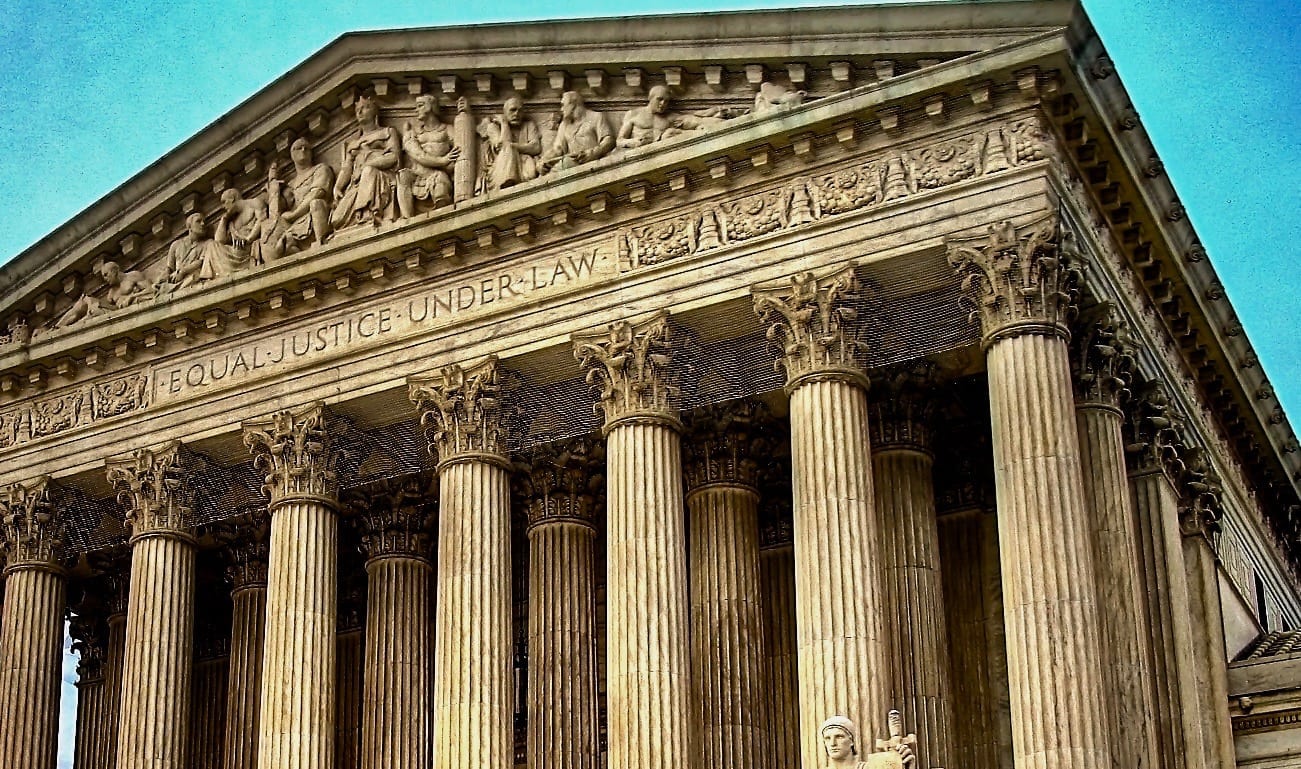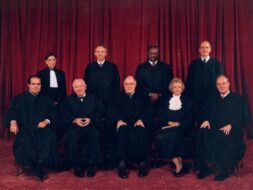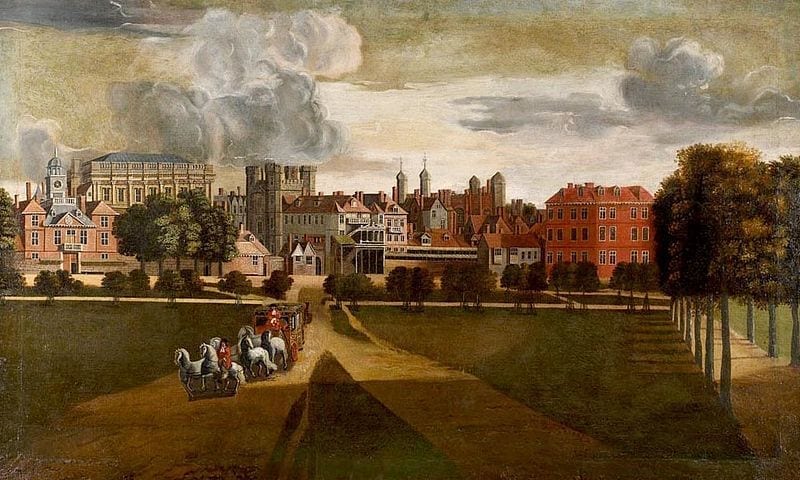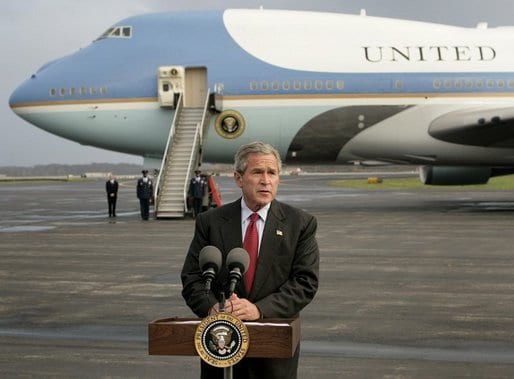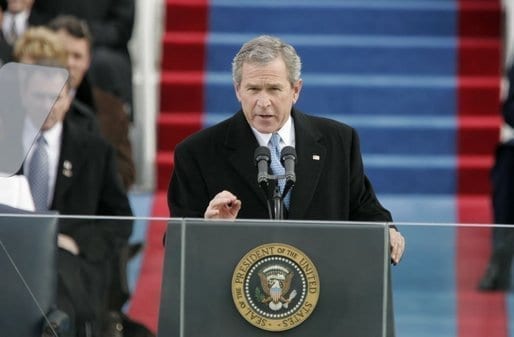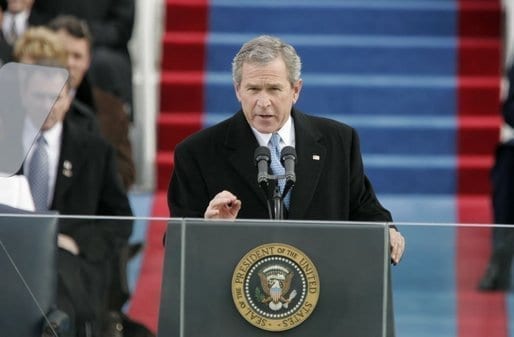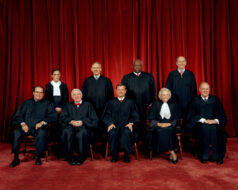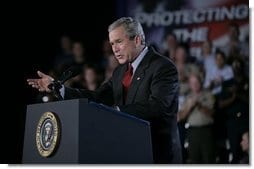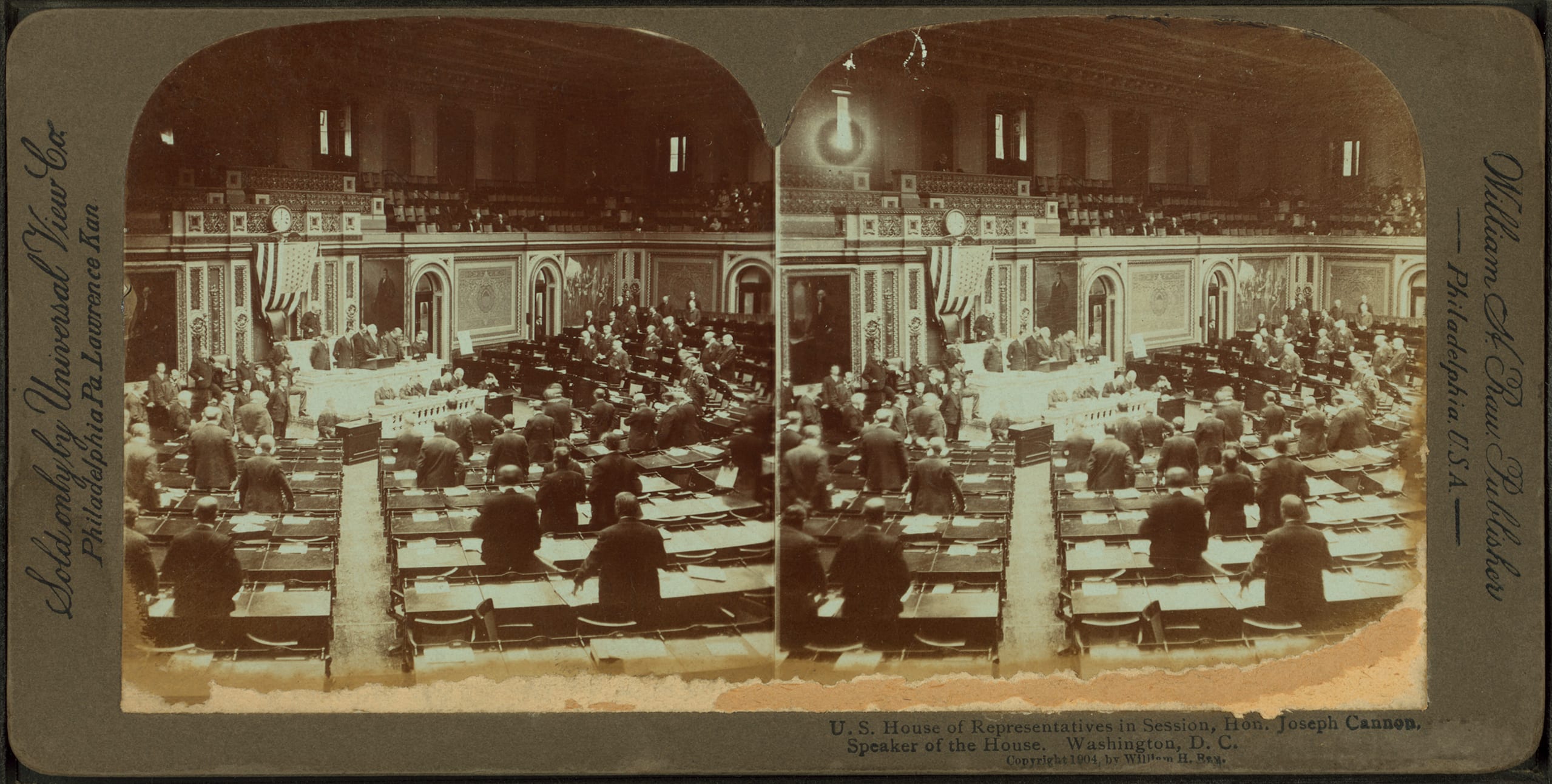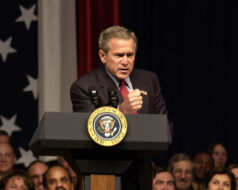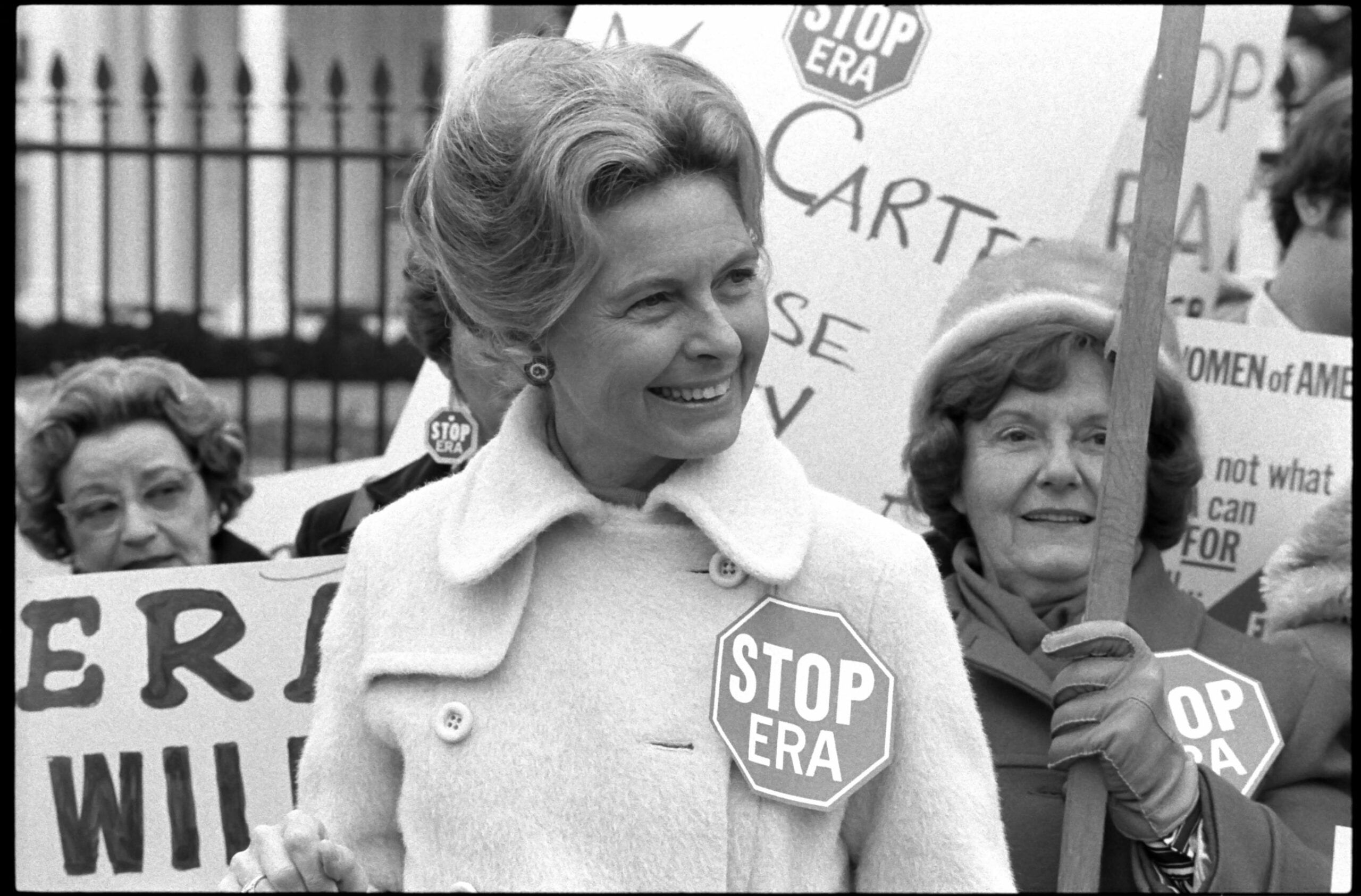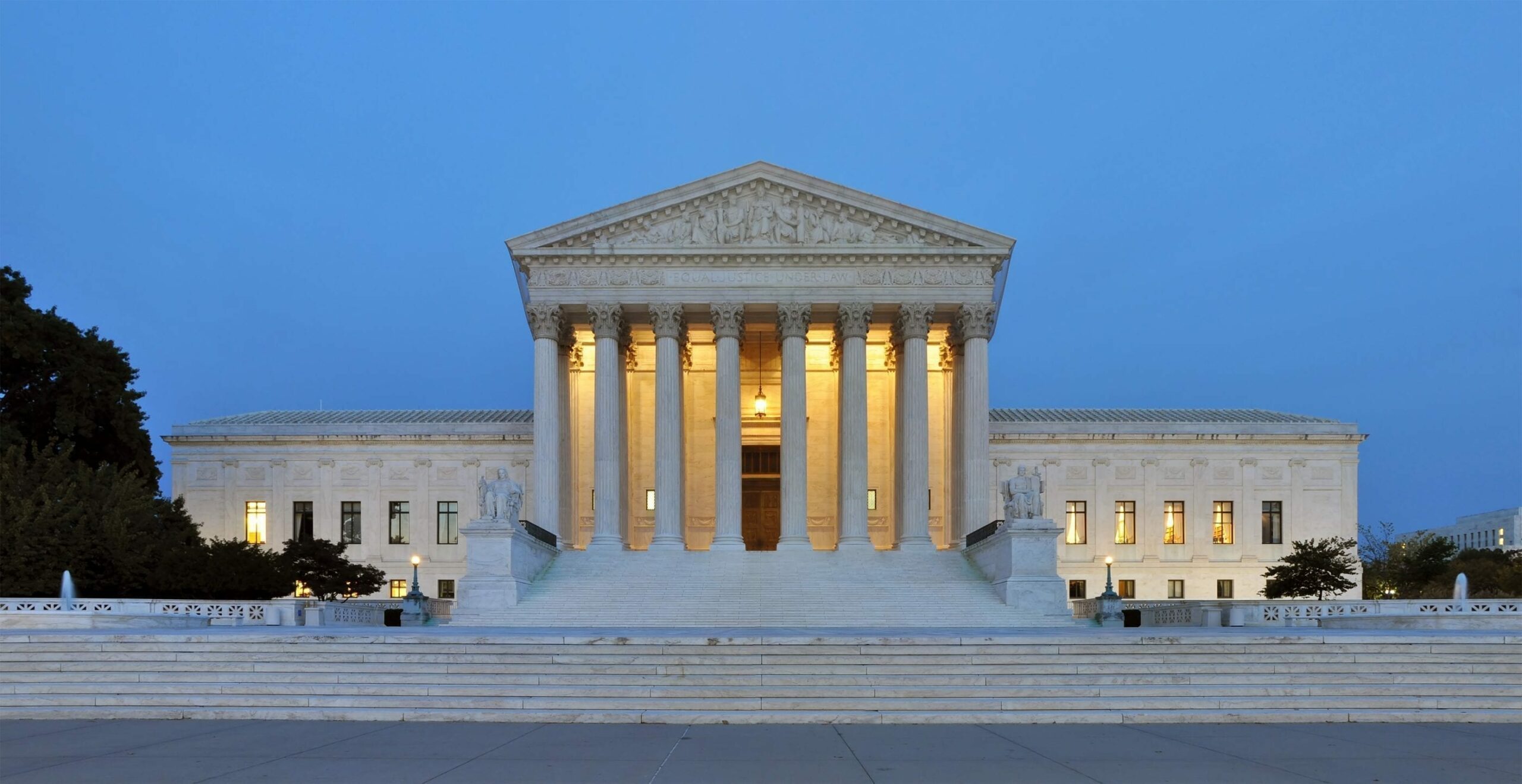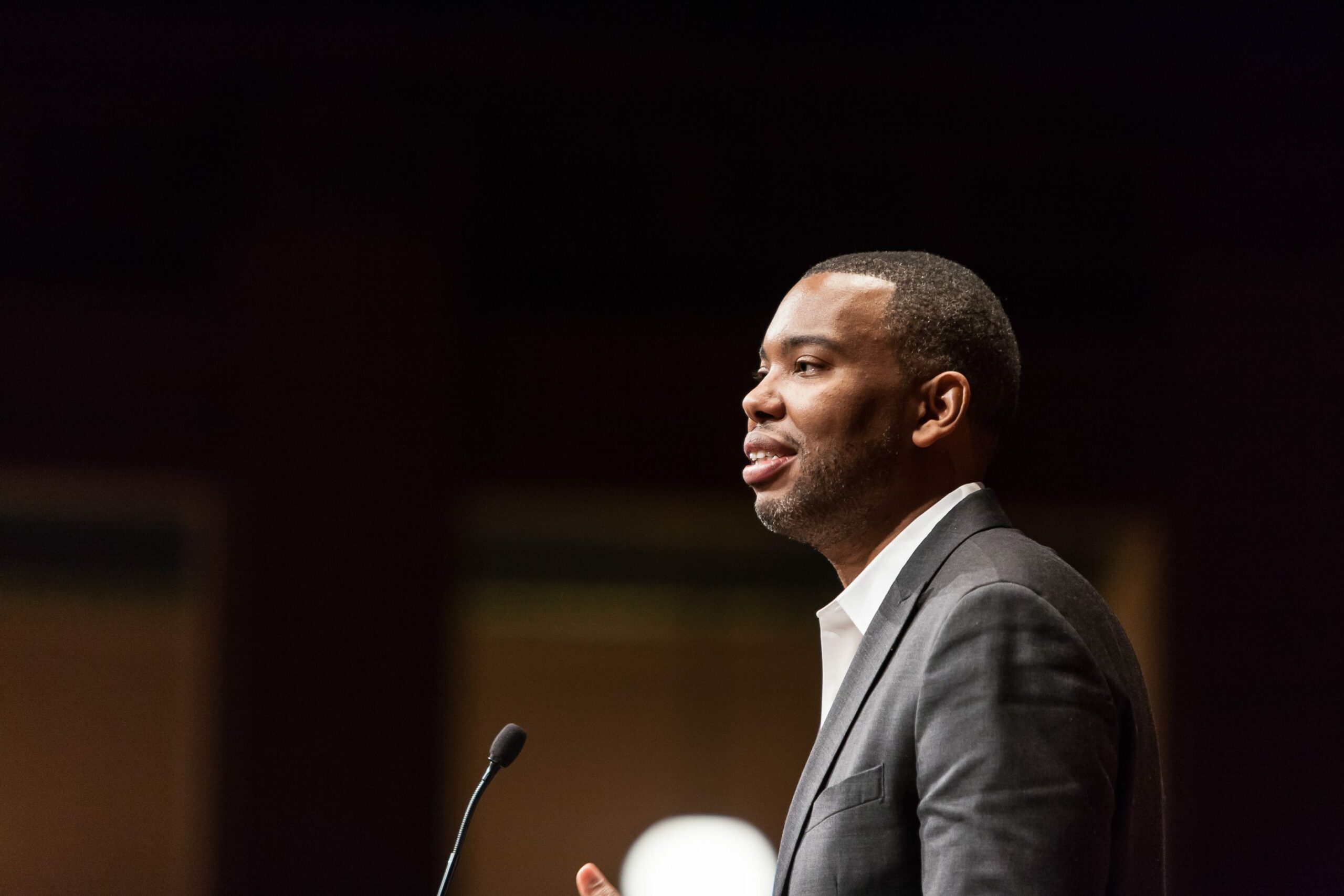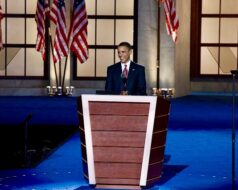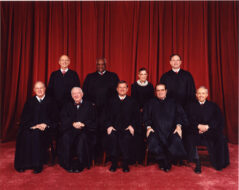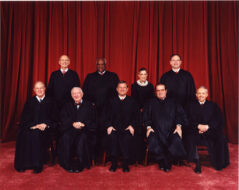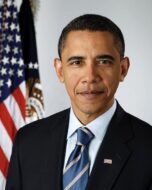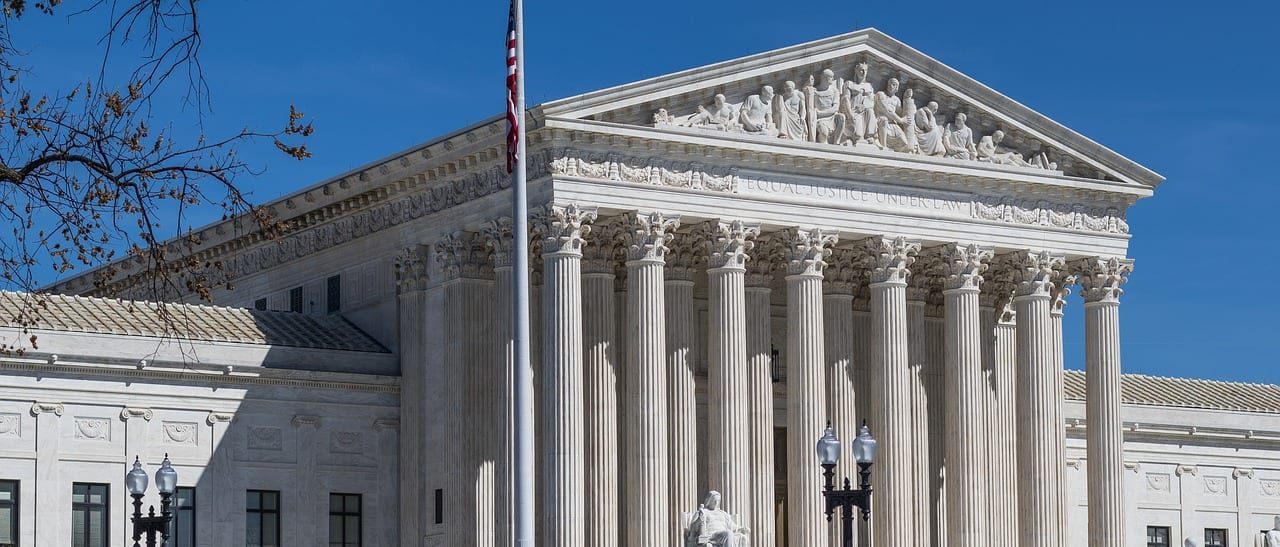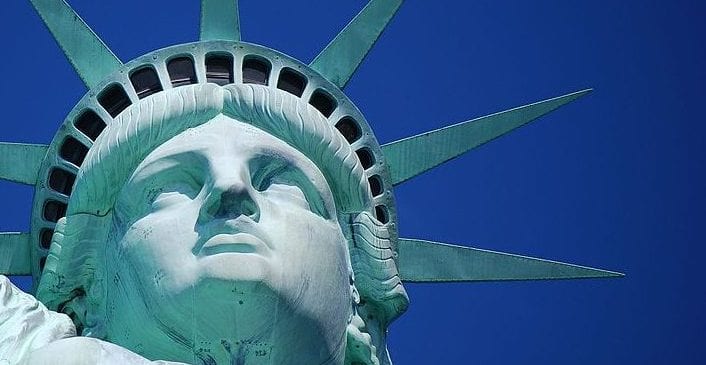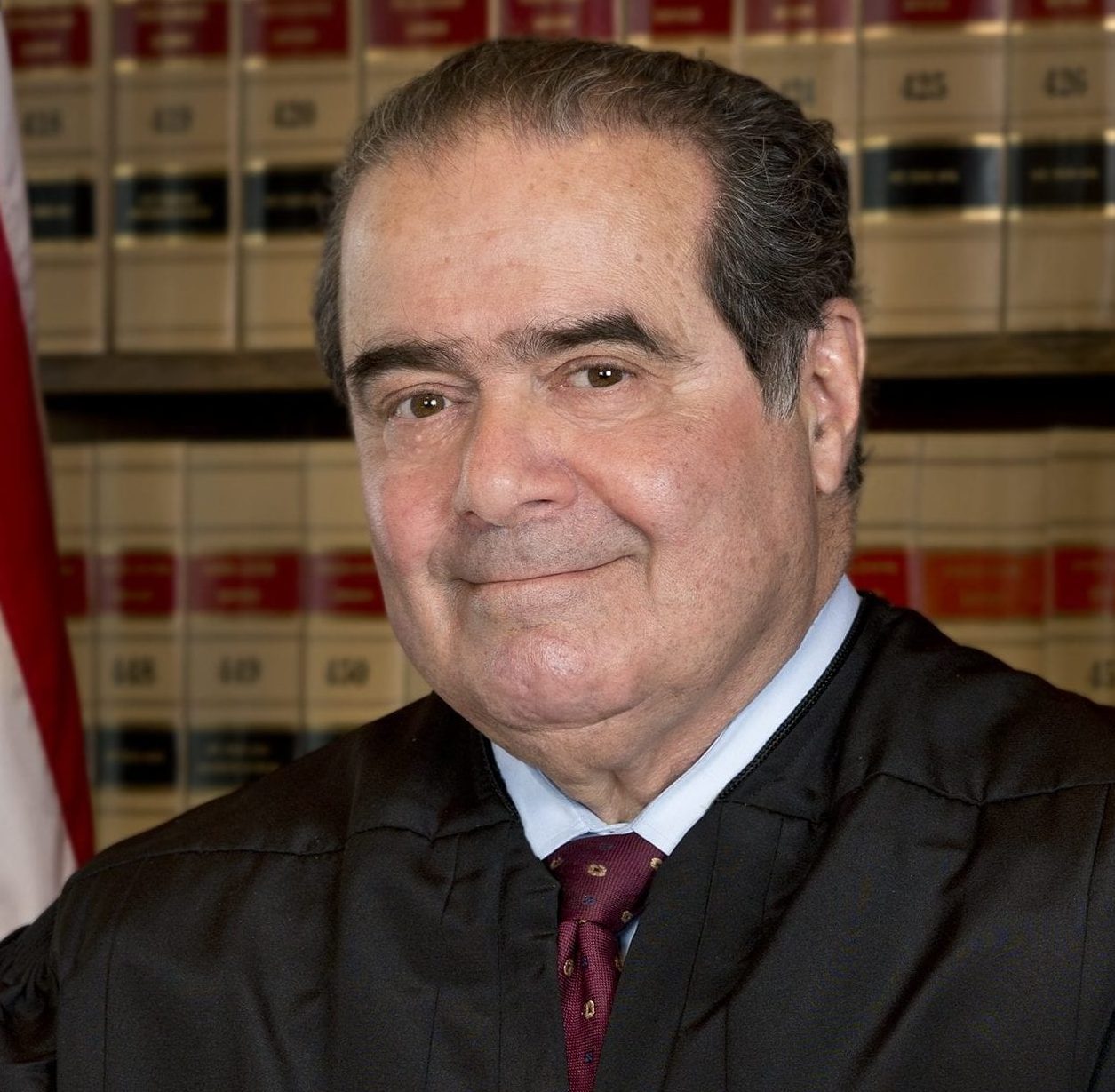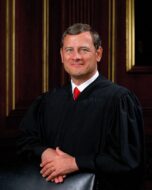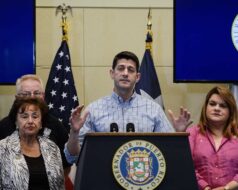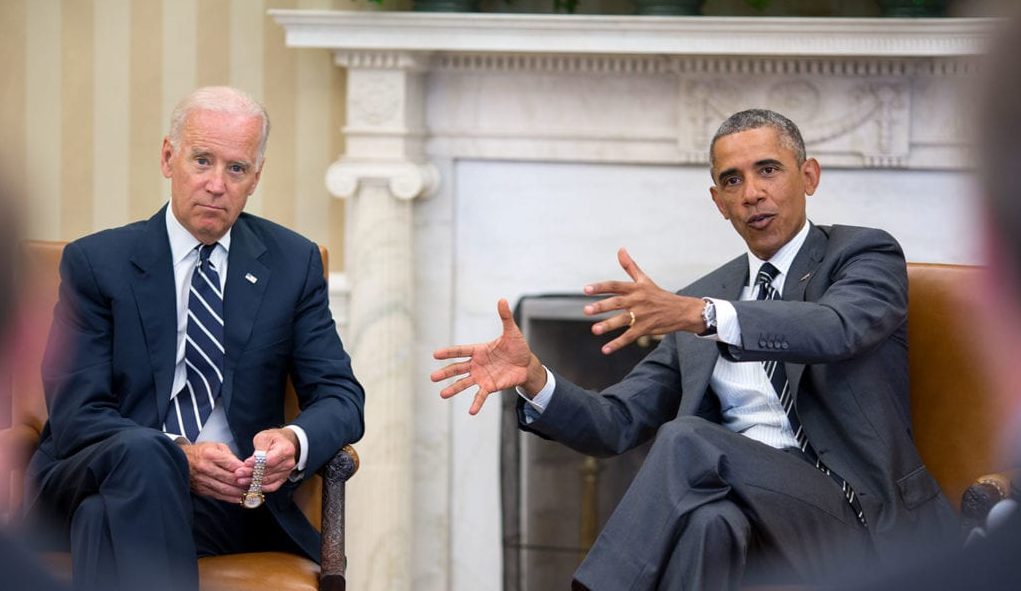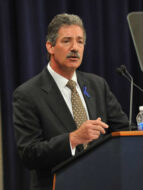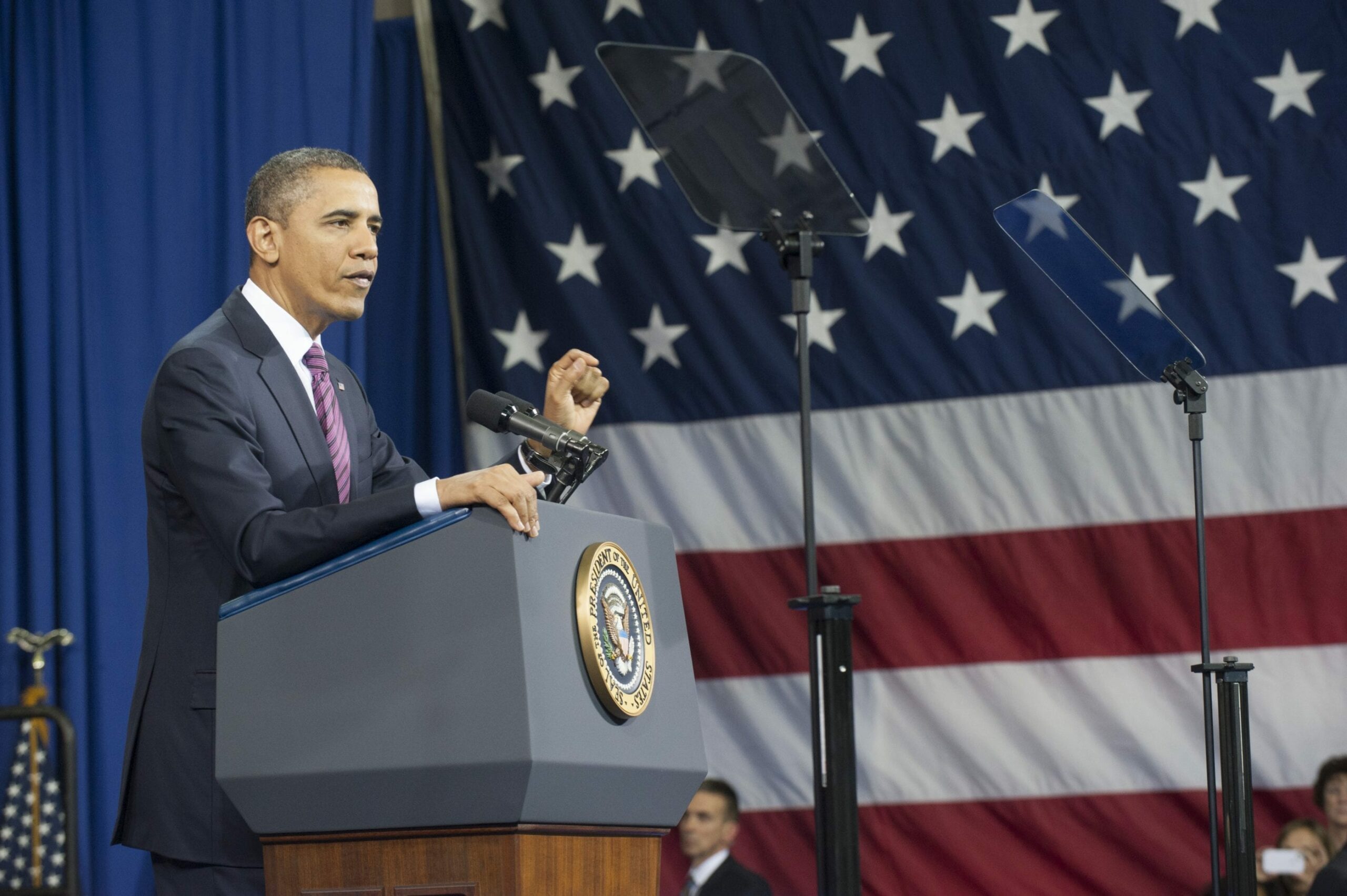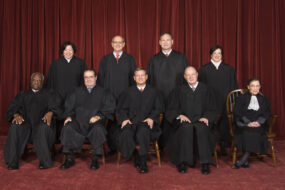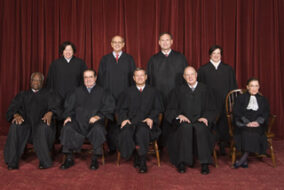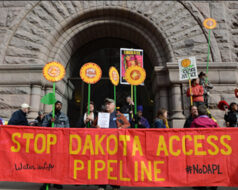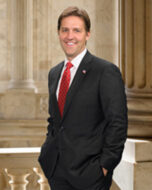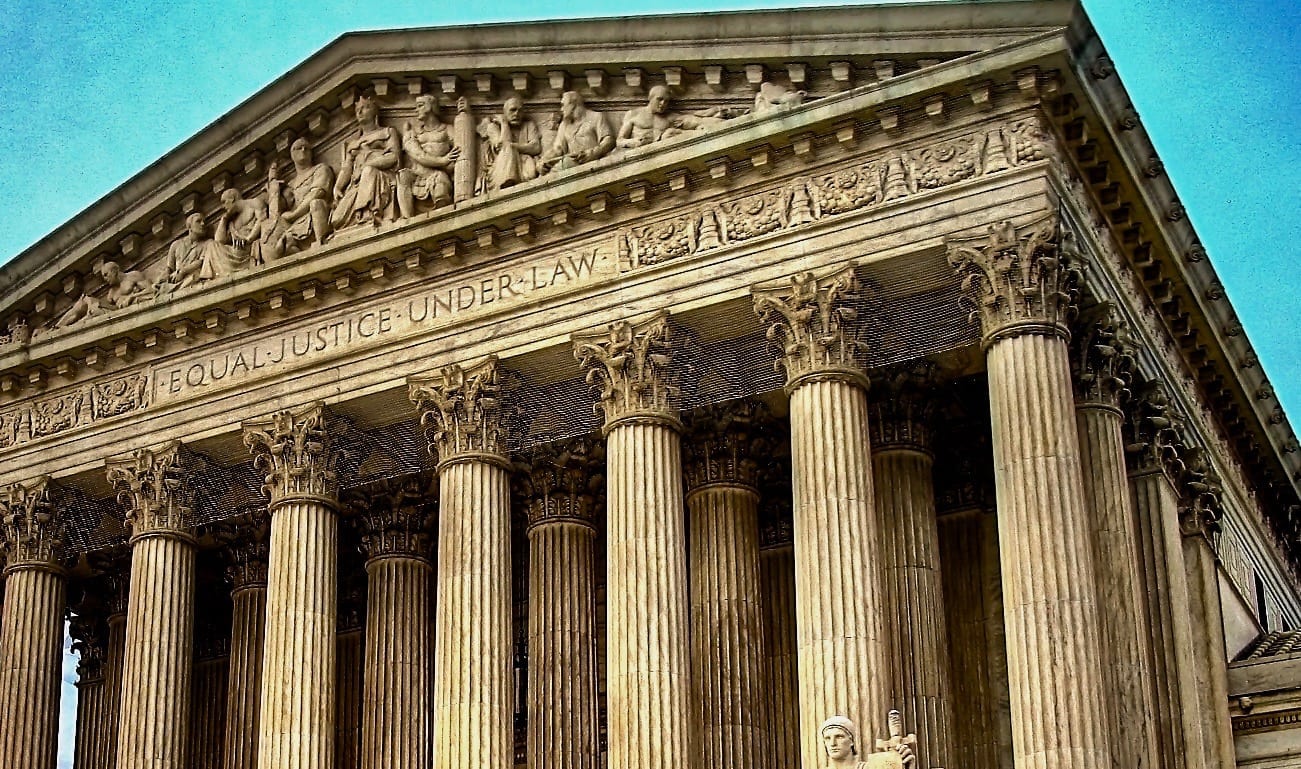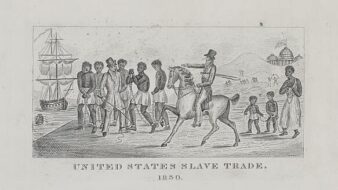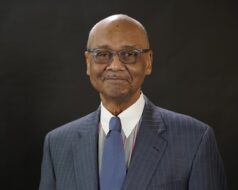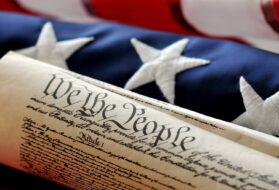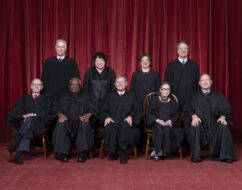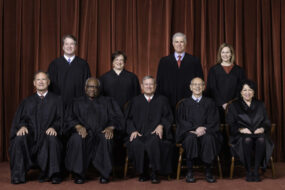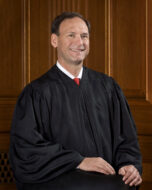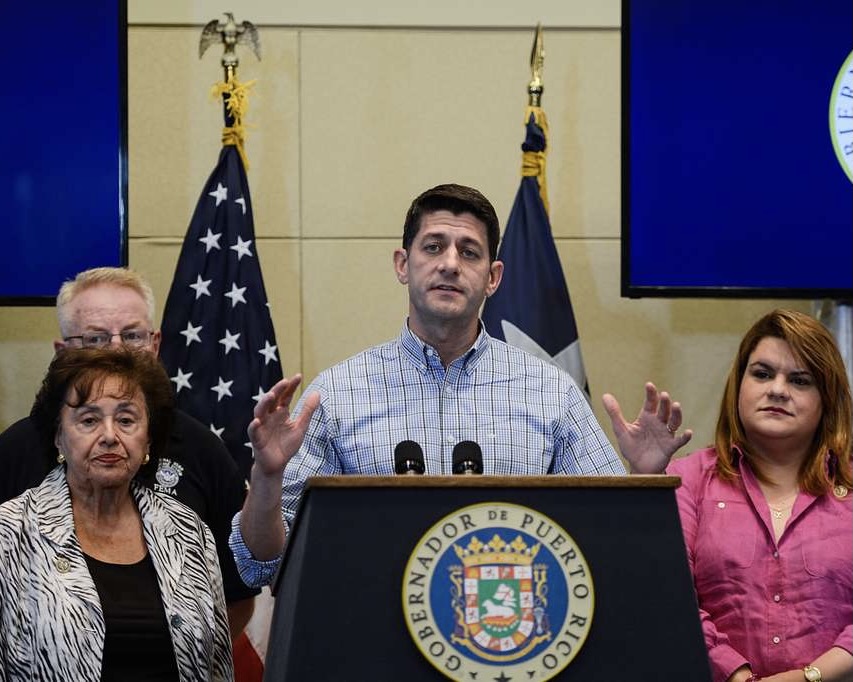
No related resources
Introduction
Paul Ryan (1970–) represented a district in Wisconsin for twenty years, was Speaker of the House of Representatives from 2015 to 2019, and was the Republican candidate for vice president in 2012. In his acceptance speech at the Republican National Convention, excerpted here, he sought to make the Republican Party’s case against the Obama administration, articulating the principles and positions that he and the presidential candidate, Mitt Romney (1947–), would repeat throughout the campaign.
Although Ryan expressed views in his acceptance speech that were typical of the Republican Party after the 1960s (See A Time for Choosing), they no longer (and may never again) characterize the party. In this respect, his speech makes an interesting contrast with Jesse Jackson’s speech at the Democratic National Convention in 1984. Jackson did not win the nomination at the convention, but his speech forecast and helped encourage the future direction of the Democratic Party.
Source: https://www.npr.org/2012/08/29/160282031/transcript-rep-paul-ryans-convention-speech.
I accept the calling of my generation to give our children the America that was given to us, with opportunity for the young and security for the old. . . .
President Barack Obama came to office during an economic crisis, as he has reminded us a time or two.1 Those were very tough days, and any fair measure of his record has to take that into account. My home state voted for President Obama. When he talked about change, many people liked the sound of it. . . .
[But] the first troubling sign came with the stimulus. It was President Obama’s first and best shot at fixing the economy, at a time when he got everything he wanted under one-party rule. It cost $831 billion—the largest one-time expenditure ever by our federal government.
It went to companies like Solyndra,2 with their gold-plated connections, subsidized jobs, and make-believe markets. The stimulus was a case of political patronage, corporate welfare, and cronyism at their worst. You, the working men and women of this country, were cut out of the deal.
What did the taxpayers get out of the Obama stimulus? More debt. That money wasn’t just spent and wasted—it was borrowed, spent, and wasted.
Maybe the greatest waste of all was time. Here we were, faced with a massive job crisis—so deep that if everyone out of work stood in single file, that unemployment line would stretch the length of the entire American continent. You would think that any president, whatever his party, would make job creation, and nothing else, his first order of economic business. But this president didn’t do that. Instead, we got a long, divisive, all-or-nothing attempt to put the federal government in charge of health care. Obamacare comes to more than two thousand pages of rules, mandates, taxes, fees, and fines that have no place in a free country. . . .
In this generation, a defining responsibility of government is to steer our nation clear of a debt crisis while there is still time. Back in 2008, candidate Obama called a $10 trillion national debt “unpatriotic.”. . . Yet by his own decisions, President Obama has added more debt than any other president before him, and more than all the troubled governments of Europe combined. One president, one term, $5 trillion in new debt. . . .
They have no answer to this simple reality: We need to stop spending money we don’t have. . . .
After four years of government trying to divide up the wealth, we will get America creating wealth again. With tax fairness and regulatory reform, we’ll put government back on the side of the men and women who create jobs, and the men and women who need jobs. . . .
Behind every small business, there’s a story worth knowing. All the corner shops in our towns and cities, the restaurants, cleaners, gyms, hair salons, hardware stores—these didn’t come out of nowhere. A lot of heart goes into each one. And if small businesspeople say they made it on their own, all they are saying is that nobody else worked seven days a week in their place. Nobody showed up in their place to open the door at five in the morning. Nobody did their thinking, and worrying, and sweating for them. After all that work, and in a bad economy, it sure doesn’t help to hear from their president that government gets the credit. What they deserve to hear is the truth: Yes, you did build that.3…
We have a plan for a stronger middle class, with the goal of generating twelve million new jobs over the next four years.
In a clean break from the Obama years, and frankly from the years before this president, we will keep federal spending at 20 percent of GDP, or less. That is enough. The choice is whether to put hard limits on economic growth, or hard limits on the size of government, and we choose to limit government.
I learned a good deal about economics, and about America, from the author of the Reagan tax reforms—the great Jack Kemp.4 What gave Jack that incredible enthusiasm was his belief in the possibilities of free people, in the power of free enterprise and strong communities to overcome poverty and despair. We need that same optimism right now.
And in our dealings with other nations, a Romney-Ryan administration will speak with confidence and clarity. Wherever men and women rise up for their own freedom, they will know that the American president is on their side. Instead of managing American decline, leaving allies to doubt us and adversaries to test us, we will act in the conviction that the United States is still the greatest force for peace and liberty that this world has ever known. . . .
College graduates should not have to live out their 20s in their childhood bedrooms, staring up at fading Obama posters and wondering when they can move out and get going with life. . . . None of us have to settle for the best this administration offers—a dull, adventureless journey from one entitlement to the next, a government-planned life, a country where everything is free but us.
Listen to the way we’re spoken to already, as if everyone is stuck in some class or station in life, victims of circumstances beyond our control, with government there to help us cope with our fate.
It’s the exact opposite of everything I learned growing up in Wisconsin, or at college in Ohio. When I was waiting tables, washing dishes, or mowing lawns for money, I never thought of myself as stuck in some station in life. I was on my own path, my own journey, an American journey where I could think for myself, decide for myself, define happiness for myself. That’s what we do in this country. That’s the American Dream. That’s freedom, and I’ll take it any day over the supervision and sanctimony of the central planners. . . .
. . . We believe that in every life there is goodness; for every person, there is hope. Each one of us was made for a reason, bearing the image and likeness of the Lord of Life. We have responsibilities, one to another—we do not each face the world alone. And the greatest of all responsibilities, is that of the strong to protect the weak. The truest measure of any society is how it treats those who cannot defend or care for themselves.
Each of these great moral ideas is essential to democratic government—to the rule of law, to life in a humane and decent society. They are the moral creed of our country, as powerful in our time, as on the day of America’s founding. They are self-evident and unchanging, and sometimes, even presidents need reminding, that our rights come from nature and God, not from government. . . .
We will not try to replace our founding principles, we will reapply our founding principles. . . .
- 1. From December 2007 to June 2009, in what is sometimes referred to as the Great Recession, the GDP declined about 5 percent. During the Great Depression (August 1929–March 1933) the GDP declined about 26 percent.
- 2. Solyndra was a company that manufactured components of solar energy systems. It went bankrupt after the U.S. government co-signed a $535 million loan to the company.
- 3. In a speech he gave in Roanoke, Virginia, on July 13, 2012, Obama said, “Somebody helped to create this unbelievable American system that we have that allowed you to thrive. Somebody invested in roads and bridges. If you’ve got a business, you didn’t build that. Somebody else made that happen.” Republicans took this to mean that Obama saw government as more fundamental than individual initiative. The president’s campaign said that the word “that” in the statement “you didn’t build that,” referred to “roads and bridges” and not businesses.
- 4. Jack Kemp (1935–2009) was a Republican congressman from Buffalo, New York, who also served as the secretary of housing and urban development. In 1996 he was the Republican candidate for vice president.

Conversation-based seminars for collegial PD, one-day and multi-day seminars, graduate credit seminars (MA degree), online and in-person.


